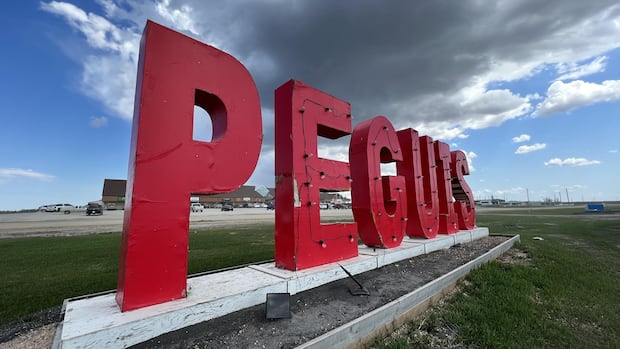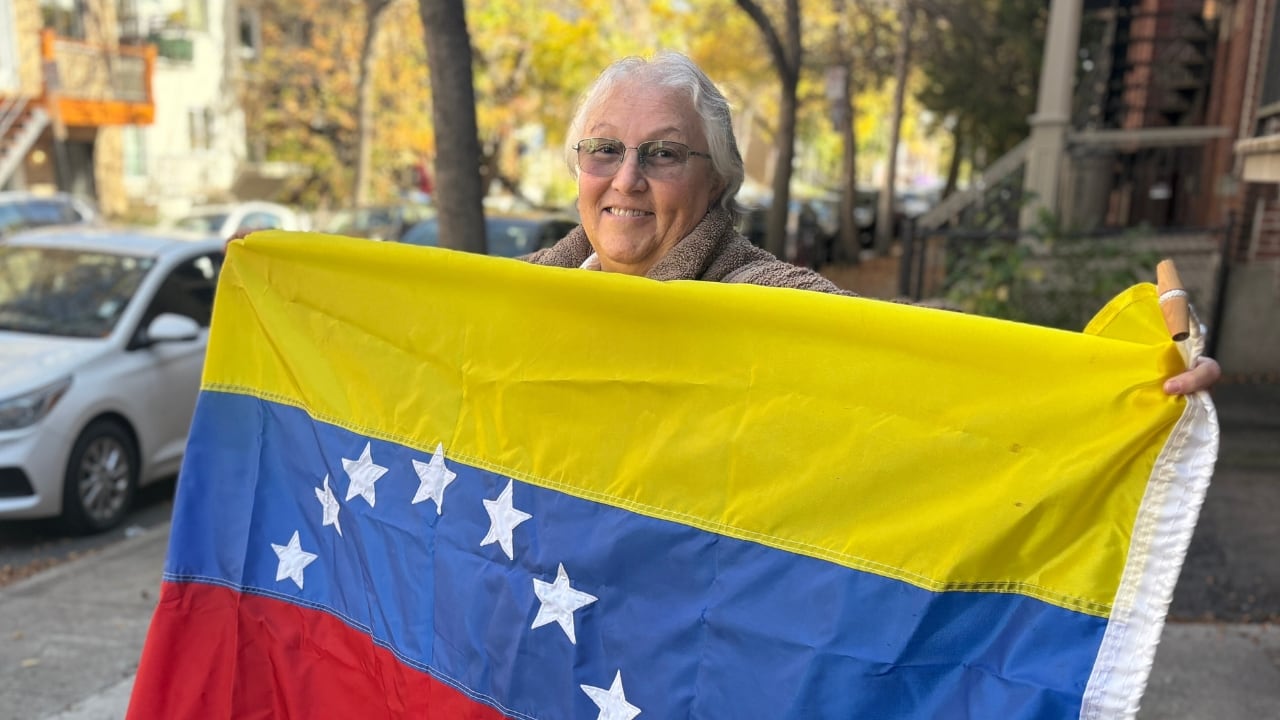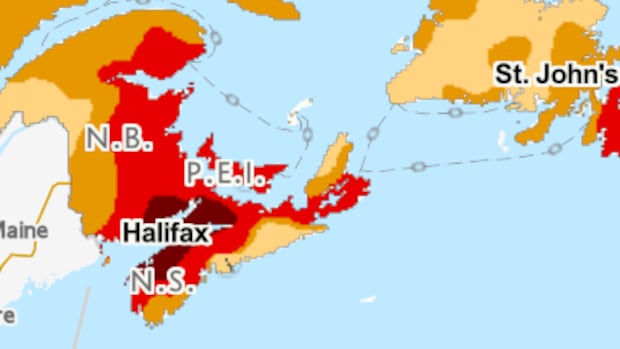Nine First Nations in Ontario are asking a court to declare a pair of federal and provincial laws meant to fast-track infrastructure projects unconstitutional and are seeking an injunction that would prevent the governments from using some of the most contentious aspects.
The Indigenous communities say in the legal challenge filed in the Ontario Superior Court of Justice that the federal law known as Bill C-5 and the Ontario law known as Bill 5 both represent a “clear and present danger” to the First Nations’ self-determination rights to ways of life on their territories.
“While the laws do leave open or commit that there will be some First Nation consultation at the very first stage … involvement in that decision alone is a smoke and mirrors trick, deflecting attention from all the other ways the laws necessarily diminish the ability of First Nations to engage on the regimes’ broader consequences,” they write in the court challenge.
Bill C-5 allows cabinet to quickly grant federal approvals for big projects deemed to be in the national interest such as mines, ports and pipelines by sidestepping existing laws, while Ontario’s bill allows its cabinet to suspend provincial and municipal laws through the creation of so-called “special economic zones.”
The First Nations are asking the court for an injunction prohibiting the federal government from naming national interest projects and prohibition Ontario from implementing special economic zones.
Both the federal and Ontario governments have said their laws are tools to counteract the effects of U.S. President Donald Trump’s tariffs by allowing Canadian development, such as natural resource development, to proceed more quickly.
Doug Ford’s government has passed the controversial Bill 5 that aims to speed up mining projects and other developments in areas deemed to have economic importance. As CBC’s Lorenda Reddekopp reports, the move has sparked outrage among First Nations and environmental groups.
But this is not a battle of development versus no development, the First Nations argue. Rather, they advocate for “doing it right” by ensuring that necessary information is gathered before proceeding, and rights and protections are respected “so the real costs of development do not end up far exceeding their asserted benefit.”
“Fragmentation and delay results from Crown choices and unwieldy bureaucracies, not from First Nations,” they write in the court document.
“Making changes now in some effort to ‘streamline’ (or ram through) projects, cannot be at the cost of First Nations, their
rights, the Constitution and reconciliation.”
The First Nations argue the laws are unconstitutional because they violate charter right to life, liberty and security of the person, as well as equality rights.
Representatives of both governments have said they will respect the duty to consult Indigenous people, but the nine First Nations argue that rings “hollow” because the laws authorize the opposite.
Chief Sylvia Koostachin-Metatawabin of Attawapiskat First Nation said that their way of life is not “a pawn in some political game.”
“Rushing headlong into major projects without knowing the costs, means the governments are playing a dangerous game with our lands and futures,” she wrote.






